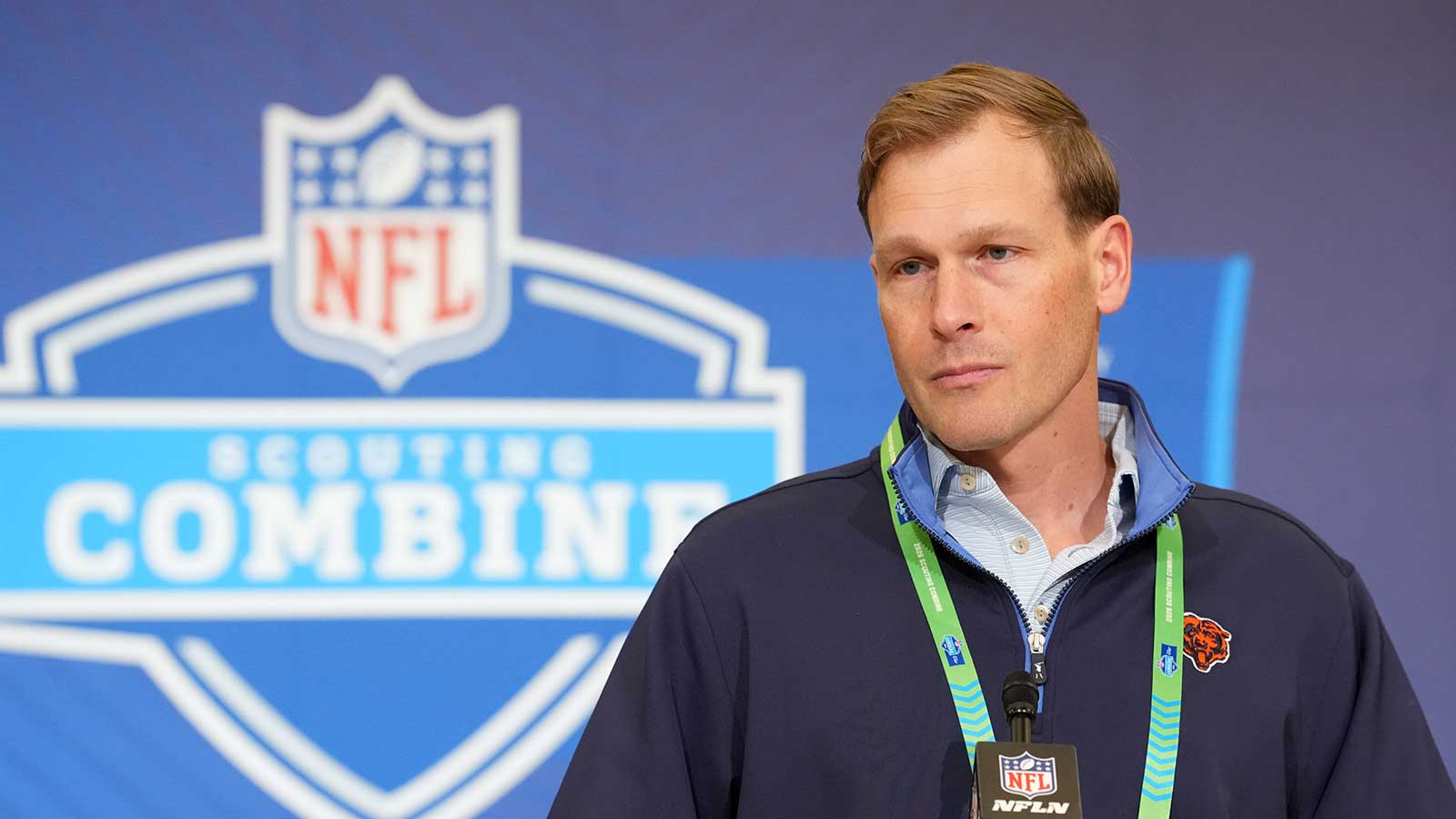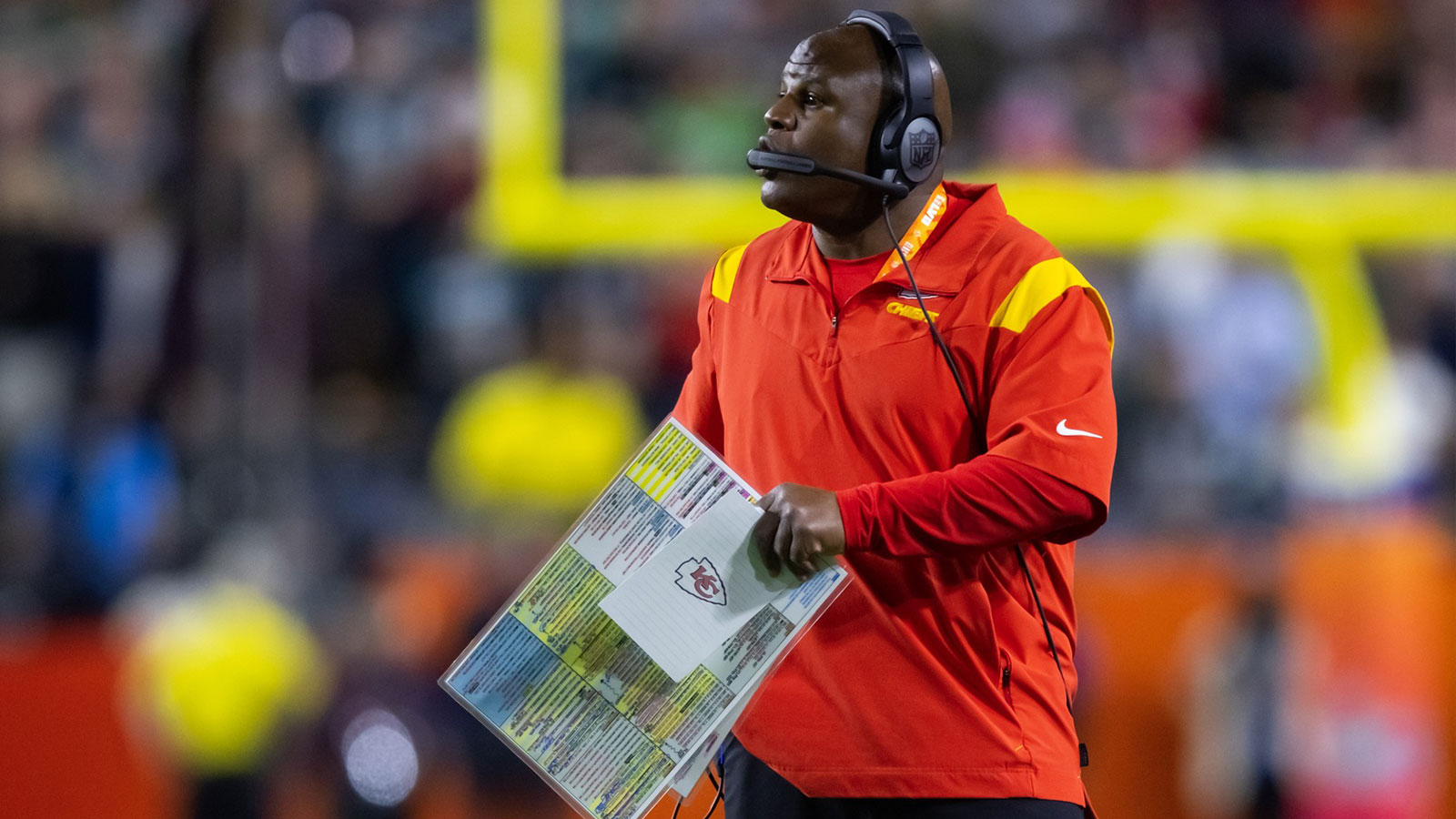No team figures to be busier this offseason than the Chicago Bears. They are under substantial pressure to build a strong roster around expected No. 1 overall pick Caleb Williams and grab a respectable haul for former first-rounder Justin Fields, all while the franchise also works to secure a new long-term home. That last objective is taking an interesting turn.
The Bears are reportedly abandoning their original plans to build a new stadium in Arlington Heights and are now aiming to construct a publicly owned domed stadium near Soldier Field on Chicago's lakefront, according to ESPN's Courtney Cronin.
Although this major change is not a complete surprise given the lack of progress that was being made in negotiations for the Bears' property-tax bill on the Arlington Heights' location, it is a clear admission of defeat. The organization obviously did not intend to make such a switch after spending almost $200 million on the 326 acres of land in question and beginning demolition.
What remains of that initial investment remains to be seen, but the team's future residence might not be a long drive from its current one. Assuming this proposal goes more smoothly, home games will eventually be played in Chicago's Museum Campus area.
Bears' new plan for the future
“The Chicago Bears are proud to contribute over $2 billion to build a stadium and improve open spaces for all families, fans and the general public to enjoy in the City of Chicago,” Bears president and CEO Kevin Warren said, per Cronin.
“The future stadium of the Chicago Bears will bring a transformative opportunity to our region — boosting the economy, creating jobs, facilitating mega events and generating millions in tax revenue.”
Warren and ownership intend to share more information when “plans are finalized.” While the team is investing $2 billion in private funds to finance the construction of the stadium, the people of Chicago will likely be tasked with supporting a portion of the total development cost, which will include public spaces.
This huge pivot might prove to be the more satisfying outcome for fans and the franchise in the long run, but hopefully this offseason does not mimic the Bears' indecision and initially unsuccessful stadium efforts.




















